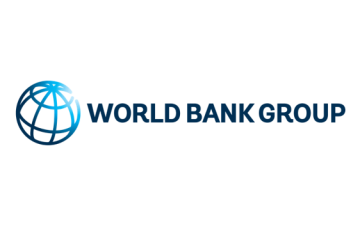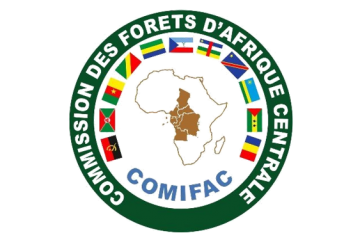Support for the modelling of deforestation in the Congo Basin (CONGOBIOM) Autriche, Cameroun, République centrafricaine, Congo, République démocratique du Congo, Guinée équatoriale, Gabon
![]() ENVIRONMENT
ENVIRONMENT ![]() FORESTRY
FORESTRY


Services: Strategic analysis and foresight
Countries: Autriche, Cameroun, République centrafricaine, Congo, République démocratique du Congo, Guinée équatoriale, Gabon
Dates of intervention: 2010/05
Main backer: Banque mondiale
Main beneficiary: Commission des forêts d’Afrique Centrale - Client
Co-contractors: Institut international pour l’analyse des systèmes appliqués
Support provider: Olivier BOUYER
Experts: Olivier BOUYER, Maden LE CROM
Certificate of satisfactory executionEtude régionale "Croissance Economique et Déforestation dans le Bassin du Congo - Modélisation des trajectoires de développement
Context of the service
Since the Bali Climate Conference in December 2007, most COMICAC countries have been committed to REDD+ and are required to prepare a baseline scenario of greenhouse gas (GHG) emissions from deforestation and degradation. Robust and scientifically sound analytical tools are needed to develop such scenarios.
A regional modelling exercise, CONGOBIOM, was conducted by the International Institute for Applied Systems Analysis (IIASA). As part of this modelling, technical assistance was required to:
- Collect country-level data to help finalize the regional model,
- Raise awareness and train national experts on modelling GHG emissions,
- Prepare and facilitate a three-day technical workshop in June 2010 and present the results,
- Assist, during and after the workshop, decision-makers in Congo Basin countries to better understand possible future trends in deforestation.
Services provided
The services provided were as follows:
1/ Description of the optimization process used by the GLOBIOM model on geographical simulation units (maximized income for producers and consumers according to the types of land use that are the agricultural sector, the forestry sector and the biofuels sector, supply adjusting to a demand for agricultural products and wood products, constraint at the international level by population growth and GDP, integration of international or regional economic and political signals) and support for the implementation of the CONGOBIOM model,
2/ Description of the G4M (forest) and EPIC (agriculture) production models for the estimation of the productive potential of the land, production costs and environmental impacts according to biophysical parameters and management practices,
3/ Proposals for improving the model (wood energy, forestry, coffee, cocoa and oil palm crops, transport, wood processing, taking into account the delimitation of permanent forest estates),
4/ Expertise on forest degradation for inclusion in the model,
5/ Dissemination of the main modelling results: Deforestation tripled in 2030 if planned infrastructure is built; 7% decrease in deforestation if 20% decrease in fuelwood consumption; Uncertain impact of an increase in agricultural productivity (depending on productivity differentials between the Congo Basin and the rest of the world); etc.
Summary of the service
IIAS support in the modelling of deforestation in the Congo Basin using CONGOBIOM: Description of the optimization process used by the GLOBIOM model and adaptation to the CONGOBIOM model; Description of the G4M (forestry) and EPIC (agriculture) production models; Proposals for improving the model (taking into account wood energy, forestry, etc.); Dissemination of the main modelling results.